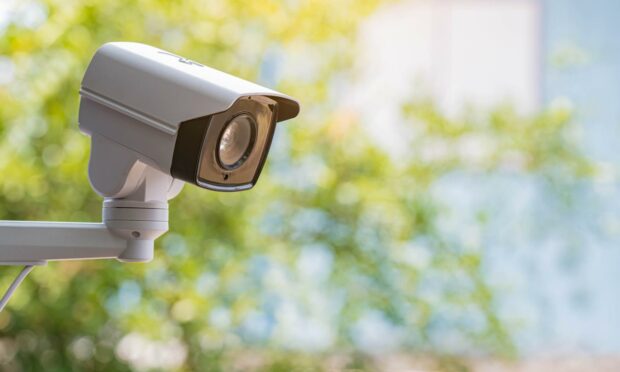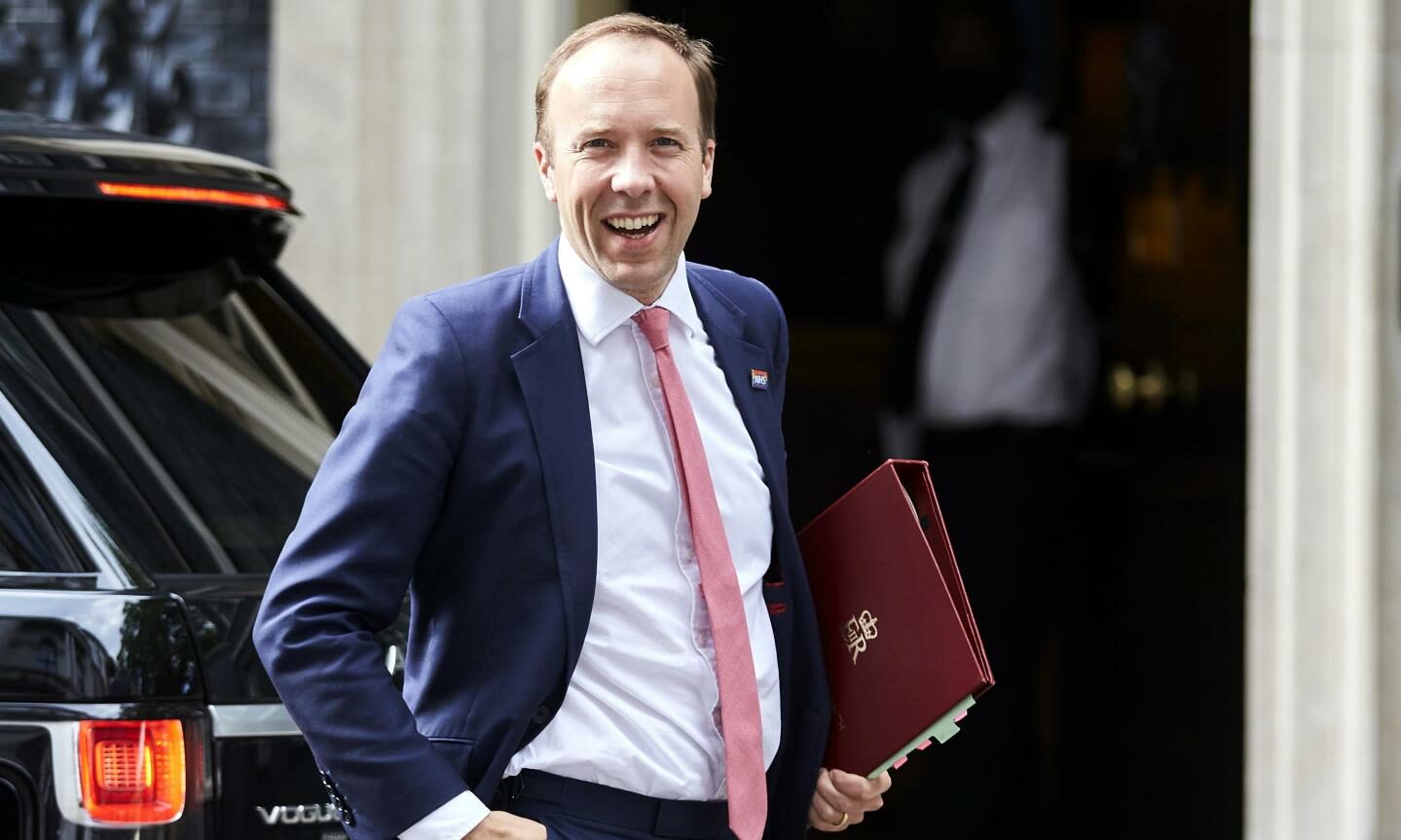As a young reporter some years ago – I’d rather not say how many – I was sent to write a feature on a much-heralded innovation in crime fighting.
I headed to the headquarters of “A Division” of what was then Strathclyde Police, to be escorted by an officer to a viewing room. There, banks of screens displayed images from the newly installed CCTV cameras around Glasgow city centre. It was explained to me how useful these were set to be in cutting crime in the city.
As an example, the officer pointed to one screen which covered a street on the edge of the city centre and homed in on one individual. We then switched from screen to screen as we watched this person pass from the view of one camera to another and followed his progress through the streets.
The officer was pleased with his demonstration and pointed out that if they spotted a “known criminal”, this system would be crucial in helping tackle crime in the city.
I could see why the police welcomed this new weapon in their crime fighting armoury but was left with a slight feeling of unease about what I considered the first tentative move towards a Big Brother state.
Would past political figures survive under surveillance scrutiny?
That was then. Today things are far worse. Apart from the hundreds of street cameras now found in just about all of our towns and cities, there are doorbell cameras, dashboard cameras in cars and cameras on cyclists’ helmets, not to mention the cameras available to just about everyone on our mobile phones. And, of course, thanks to Matt Hancock, we find that many of us are also watched while at work.
I don’t think I would have many supporters if I ventured some sympathy for poor Mr Hancock. However, how many politicians of the past would have suffered the same fate had today’s almost ubiquitous covert surveillance been in existence? Extramarital affairs by prime ministers such as Lloyd George and Anthony Eden only became public knowledge after their deaths. Gladstone was obsessed with pornography and prostitutes. Harold Macmillan’s wife had a decades-long affair with another Conservative MP. Cecil Parkinson’s long-term affair with his secretary only became public when she fell pregnant.
It was the same story in other countries. President Kennedy’s affairs only became common knowledge after his death, despite many in the media being well aware of what was going on. He was just one of a long list of US presidents with mistresses – from Thomas Jefferson and Grover Cleveland to Warren Harding, Franklin Roosevelt and Lyndon Johnson. Would they, or any of the others conducting such liaisons, survive in today’s surveillance society? I don’t think so.
Hancock scandal may have been a wake-up call for his colleagues
How many of our current politicians, on seeing the footage of Hancock in a clinch with his “aide” in his own office, glanced nervously at the ceiling to check for a hidden camera? More than one, I would suggest.
Worse still, it appears that the camera which caught Mr Hancock was fitted with audio. So how many politicians are aware that some of their conversations could also be being recorded?
One thing is certain, I bet our politicians will all be much more careful in future
Of course, most of what is recorded is covered by the Data Protection Act, which bans the distribution of such material. But that wouldn’t stop a disgruntled member of staff from passing snippets on to a tabloid newspaper, as appears to have happened in the Hancock case.
Security in government buildings is the responsibility of the Centre for the Protection of National Infrastructure. Never heard of them? Hardly surprising, as they are a division of MI5.
So, were they responsible for placing a strategically positioned camera in Mr Hancock’s office? Hardly likely. But since they obviously failed to detect this device in a cabinet minister’s office, they can hardly be congratulated for doing a good job.
Changing the definition of ‘private’
Perhaps we in Britain are too obsessed with what goes on behind closed doors. The French have a more laissez-faire attitude to such matters. It seems that for French presidents, having affairs comes with the territory. François Mitterrand even had a second family living in an annexe of the Élysée Palace. From President Chirac, through Hollande to Sarkozy, it was widely known that they had affairs, a fact accepted by the French public with a Gallic shrug.
One thing is certain, I bet our own politicians will all be much more careful in future, not only about how they conduct their private lives, but what they say and do even in the supposed sanctity of their private offices.
Campbell Gunn is a retired political editor who served as special adviser to two First Ministers of Scotland


